Therapy For Depression
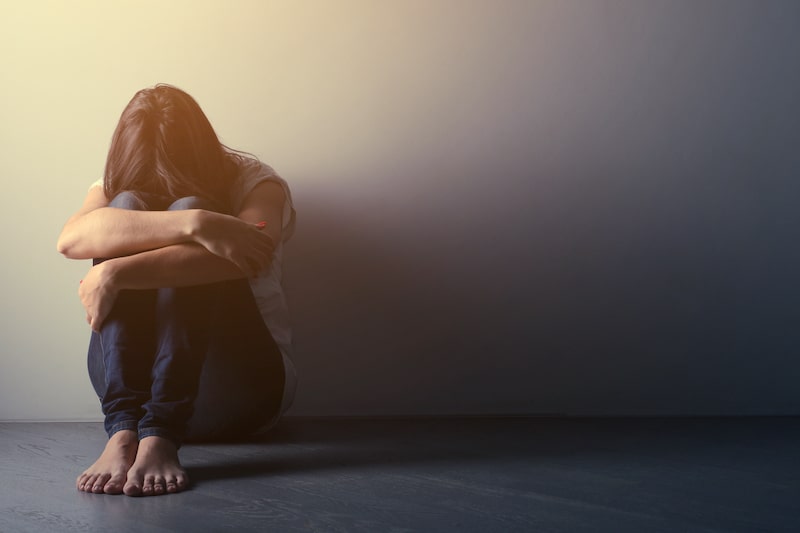
According to the World Health Organization, depression is the leading cause of disability worldwide. Globally, more than 300 million people of all ages suffer from depression and the incidence of depression is increasing everywhere. Some 15 million Americans battle depressive mood disorder and increasing numbers of them are young people.
Americans are highly concerned with happiness, yet they’re increasingly depressed. It’s not difficult to understand why any of us would be struggling with depression. We live in terribly uncertain times. Whether its unprecedented political instability, the war in Ukraine, terrorism, gun violence, bigotry, stock market volatility, climate change, supply chain issues or suffocating inflation, we are frequently reminded of the turbulent nature of the world we live in. Comforting predictability has been in short supply ever since the COVID-19 pandemic turned the world upside down back in March of 2020, and it’s anyone’s guess what tomorrow will bring.
Depression may present itself as a result of so many changes in our world today, but may also descend seemingly out of the blue or it may come on the heels of a defeat or personal loss. While everyone experiences an occasional blue mood, clinical depression is a more pervasive experience of repetitive negative rumination, bleak outlook, and lack of energy. It is not a sign of personal weakness or a condition that can be willed or wished away. People with depression cannot merely “pull themselves together” to get better.
Depression interferes with concentration, motivation, and other aspects of everyday executive functioning. It is known to disrupt sleep and it interferes with appetite –in some cases, it causes weight loss and in others, it contributes to weight gain. It can also involve loss of interest or pleasure in hobbies and activities that you once enjoyed. Decreased energy, fatigue or a sense of being “slowed down” are also common, as are restlessness and irritability. Many with depression may also have thoughts of death or suicide. Additionally, depression is often accompanied by anxiety.
Types of depression include:
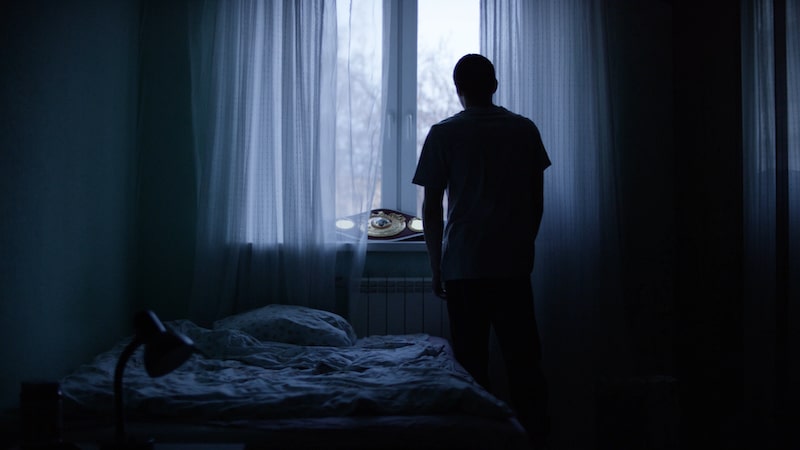
- Major depressive disorder (MDD): Major depression (clinical depression) has intense or overwhelming symptoms that last longer than two weeks. These symptoms interfere with everyday life.
- Bipolar depression: People with bipolar disorder have alternating periods of low mood and extremely high-energy (manic) periods. During the low period, they may have depression symptoms such as feeling sad or hopeless or lacking energy.
- Perinatal and postpartum depression: “Perinatal” means around birth. Many people refer to this type as postpartum depression. Perinatal depression can occur during pregnancy and up to one year after having a baby. Symptoms go beyond “the baby blues,” which causes minor sadness, worry or stress.
- Persistent depressive disorder (PDD): PDD is also known as dysthymia. Symptoms of PDD are less severe than major depression. But people experience PDD symptoms for two years or longer.
- Premenstrual dysphoric disorder (PMDD): PMDD is a severe form of premenstrual disorder (PMS). It affects women in the days or weeks leading up to their menstrual period.
- Psychotic depression: People with psychotic depression have severe depressive symptoms and delusions or hallucinations. Delusions are beliefs in things that are not based in reality, while hallucinations involve seeing, hearing, or feeling touched by things that aren’t actually there.
- Seasonal affective disorder (SAD): Seasonal depression, or seasonal affective disorder, usually starts in late fall and early winter. It often goes away during the spring and summer.
Several other disorders, such as those below, include depression as a symptom. It’s important to get an accurate diagnosis, so you can get appropriate treatment.
- Bipolar I and II disorders: These mood disorders include mood swings that range from highs (mania) to lows (depression). It’s sometimes difficult to distinguish between bipolar disorder and depression.
- Cyclothymic disorder: Cyclothymic (sy-kloe-THIE-mik) disorder involves highs and lows that are milder than those of bipolar disorder.
- Other depression disorders: This includes depression that’s caused by the use of recreational drugs, some prescribed medications or another medical condition.
Reach Out Today!
What causes depression?
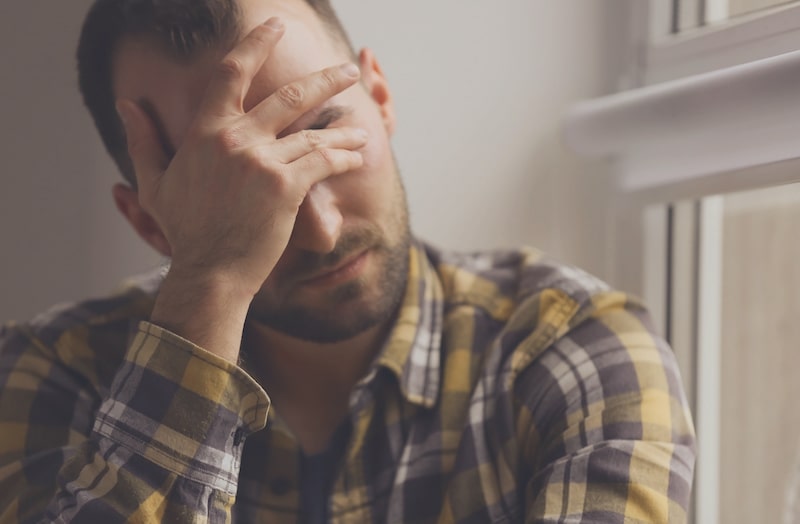
There is no single known cause of depression. Rather, it likely results from a combination of genetic, biologic, environmental, and psychological factors. Various factors can contribute to depression:
- Brain chemistry: Abnormalities in brain chemical levels may lead to depression.
- Genetics: If you have a relative with depression, you may be more likely to become depressed.
- Life events: Stress, the death of a loved one, upsetting events (trauma), isolation and lack of support can cause depression.
- Medical conditions: Ongoing physical pain and illnesses can cause depression. People may have depression along with conditions like diabetes, cancer and Parkinson’s disease.
- Medication: Some medications have depression as a side effect. Recreational drugs and alcohol can also cause depression or make it worse.
- Personality: People who are easily overwhelmed or have trouble coping may be prone to depression.
How is depression treated?
Depression, even the most severe cases, is highly treatable. As with many illnesses, the earlier treatment begins, the more effective it can be and the greater the likelihood that recurrence can be prevented. Medication can relieve some of the psychic pain of depression, but it does not help people learn good ways of coping with distressing experiences and feelings—which make them feel overwhelmed—or learn how to manage the kinds of thoughts that can trigger such feelings. As a result, they are always at the mercy of circumstances, ever susceptible to depression. The goal of psychotherapy is to build the pillars of mental health.
From one perspective, depression can be seen as a state of depletion that occurs when problems overwhelm a person’s resources for solution. Therapy aims directly at the development of new solution patterns. It is at least as effective as medication during the period of treatment, but its effects last longer and it is effective in preventing recurrence of depression. The coping techniques, problem-solving skills, and understanding of one’s own vulnerabilities gained during therapy are useful over the course of a lifetime.
Can therapy help?

An experienced therapist will gauge the best way to treat depression based on an individual’s unique needs. Although, recovery from depression often requires understanding the kinds of events that precipitate a depressive response, awareness of one’s personal psychological vulnerabilities, identifying distorted thinking patterns that lead to feelings of hopelessness, recognizing behavior patterns that exacerbate problems, developing problem-solving skills, and taking action.
Many studies show that the most effective treatment for depression is cognitive behavioral therapy (CBT) and study upon study has proved its effectiveness. Cognitive behavioral therapy (CBT) takes straight aim at the distorted ways of thinking—often acquired early in life—that are typical of depressed people. It is based on the evidence that negatively biased thinking and beliefs give rise to the feelings of hopelessness and despair that are typical of depression and changing thought changes emotions. Studies show that in depression, dysfunction in neural circuitry inclines patients to a negative view of themselves, the world, and their future, and therapy effectively alters patterns of neural transmission. CBT involves an active collaboration between patient and therapist that guides patients to challenge and test their own thoughts and beliefs, try out new behavioral strategies, and to curb reactivity to distressing situations.
In addition, evidence is quickly accumulating that regular mindfulness meditation, on its own or combined with cognitive therapy, can stop depression before it starts by diminishing reactivity to distressing experiences, effectively enabling disengagement of attention from the repetitive negative thoughts that often set the downward spiral of mood in motion.
Because depression is often recurrent, psychotherapy has the dual value of relieving current suffering and preventing future episode of distress. Through a strong alliance with a therapist, in sessions, typically held weekly, patients learn to identify the kinds of inner and outer experiences that overwhelm them emotionally and set off the downward spiral of negative thinking and feeling that incapacitates them. Patients also learn to identify the distorted thinking patterns that contribute to hopelessness and despair. By discovering their own resources for problem solving, patients are equipped to regain control of their life.
When is therapy used in conjunction with medication?
Because psychotherapy can take many weeks to months to have an effect, psychotherapy is frequently prescribed along with medication for people needing relief from severe depression. A combination of psychotherapy and medication management for depression is very common, both for acute and chronic forms. Treatment with both modalities may begin simultaneously or be sequenced. Sometimes reduction in agitation or cloudiness of thinking or the abatement of psychic pain by medication is necessary before patients can be responsive to psychotherapy. Other times, medication can boost the effects of psychotherapy.
Typically, a psychiatrist or other medical doctor prescribes medication, monitors the response, and makes adjustments to the dosage or changes the type of medication as needed, while psychotherapy is carried out separately by a therapist. Because the interaction between therapist and patient provides a prime window into a patient’s thoughts and feelings, the psychotherapist is also ideally positioned to observe the response to antidepressant drugs and deliver invaluable feedback to the prescribing physician. Patients do best when the two professionals are in regular contact coordinating their respective treatments rather than delivering them independently.
When is it best to seek therapy for depression?

After two weeks of depressive symptoms, you may consider seeking therapy. The longer an episode of depression goes untreated, the more difficult it becomes to treat and the greater the possibility of future episodes. Further, depression undermines functioning in every domain of life, including work and family. Starting therapy as soon as possible minimizes the disruptive impact of depression. You may also decide and may eventually be encouraged by your therapist to seek a thorough health examination to rule out treatable physical conditions, such as thyroid disorder, that can create many of the same symptoms.
How soon will I notice any effect?
Research indicates that 50 percent of patients recover within 15 to 20 sessions, and many patients experience some improvement within a few sessions. Patients differ in the nature and severity of their problem and in their progress, but most patients experience a gradual return of ability to function. They also notice a lessening of hopelessness. The first sign that depression is improving may be a reduction in sadness or reduced pessimism about the future. There may be a lessening of irritability or a renewed interest in something once enjoyed.
What to expect:
Your therapist will ask you about your symptoms, thoughts, feelings and behavior patterns. Your therapist will use the criteria for depression listed in the Diagnostic Statistical Manual of Mental Disorders (DSM-5), published by the American Psychiatric Association. You may request time to go over any points you’d like to focus on. Don’t hesitate to ask questions during your appointment.
Your therapist may ask:
- When did you or your loved ones first notice your symptoms of depression?
- How long have you felt depressed? Do you generally always feel down, or does your mood fluctuate?
- Does your mood ever swing from feeling down to feeling intensely happy (euphoric) and full of energy?
- Do you ever have suicidal thoughts when you’re feeling down?
- Do your symptoms interfere with your daily life or relationships?
- Do you have any blood relatives with depression or another mood disorder?
- What other mental or physical health conditions do you have?
- Do you drink alcohol or use recreational drugs?
- How much do you sleep at night? Does it change over time?
- What, if anything, seems to improve your symptoms?
- What, if anything, appears to worsen your symptoms?
What can I do if I have depression?
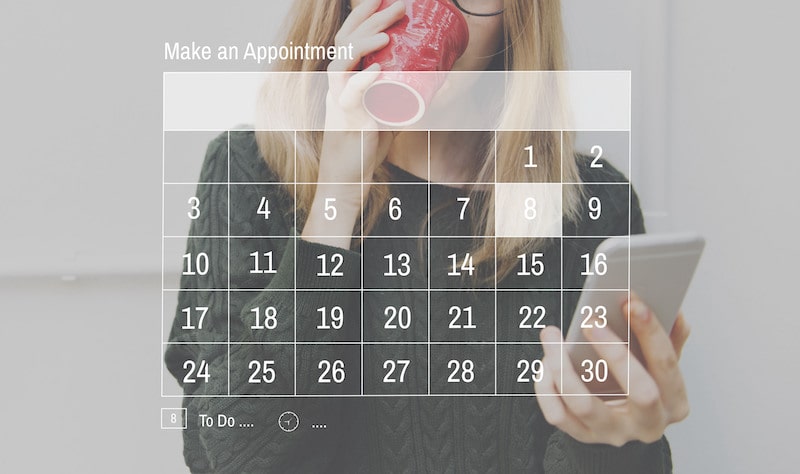
Depression can undermine functioning in every domain of life, so the sooner you get help, the sooner you can feel better and minimize the disruptive impact of depression. At Intown Counseling & Wellness, we have professional, licensed, and experienced therapists you can trust. Come into our beautiful office in the Morningside neighborhood, near Emory and Virginia-Highlands or schedule a live session at a time that’s convenient for you using your phone, tablet, or computer.
Lifestyle and home remedies
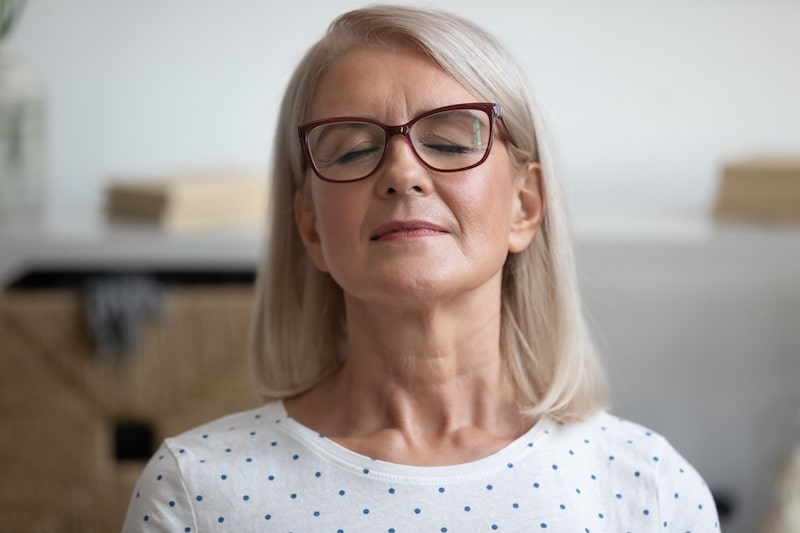
In addition to professional treatment, these self-care steps can help:
- Stick to your treatment plan. Don’t skip psychotherapy sessions or appointments. Even if you’re feeling well, don’t skip your medications. If you stop, depression symptoms may come back, and you could also experience withdrawal-like symptoms. Recognize that it will take time to feel better.
- Learn about depression. Education about your condition can empower you and motivate you to stick to your treatment plan. Encourage your family to learn about depression to help them understand and support you.
- Pay attention to warning signs. Work with your therapist to learn what might trigger your depression symptoms. Make a plan so that you know what to do if your symptoms get worse. Contact your therapist if you notice any changes in symptoms or how you feel. Ask relatives or friends to help watch for warning signs.
- Avoid alcohol and recreational drugs. It may seem like alcohol or drugs lessen depression symptoms, but in the long run they generally worsen symptoms and make depression harder to treat. Talk with your therapist if you need help with alcohol or substance use.
- Take care of yourself. Eat healthy, be physically active and get plenty of sleep. Consider walking, jogging, swimming, gardening or another activity that you enjoy. Sleeping well is important for both your physical and mental well-being. If you’re having trouble sleeping, talk to your physician and/or therapist about what you can do.
Mind-body connection
Integrative medicine practitioners believe the mind and body must be in harmony for you to stay healthy. Relying solely on these therapies is generally not enough to treat depression. They may be helpful when used in addition to psychotherapy and medication management. Examples of mind-body techniques that may be helpful for depression include:
- Acupuncture
- Relaxation techniques such as yoga or tai chi
- Meditation
- Guided imagery
- Massage therapy
- Music or art therapy
- Spirituality
- Aerobic exercise
Coping and support
Talk with your therapist about improving your coping skills, and try these tips:
- Simplify your life. Cut back on obligations when possible and set reasonable goals for yourself. Give yourself permission to do less when you feel down.
- Write in a journal. Journaling, as part of your treatment, may improve mood by allowing you to express pain, anger, fear or other emotions.
- Read reputable self-help books and websites. Your therapist may be able to recommend books or websites to read.
- Locate helpful groups. Many organizations, such as the National Alliance on Mental Illness (NAMI) and the Depression and Bipolar Support Alliance, offer education, support groups, counseling and other resources to help with depression. Employee assistance programs and religious groups also may offer help for mental health concerns.
- Don’t isolate. Try to participate in social activities and get together with family or friends regularly. Support groups for people with depression can help you connect to others facing similar challenges and share experiences.
- Structure your time. Plan your day. You may find it helps to make a list of daily tasks, use sticky notes as reminders or use a planner to stay organized.
- Don’t make important decisions when you’re down. Avoid decision-making when you’re feeling depressed, since you may not be thinking clearly.
